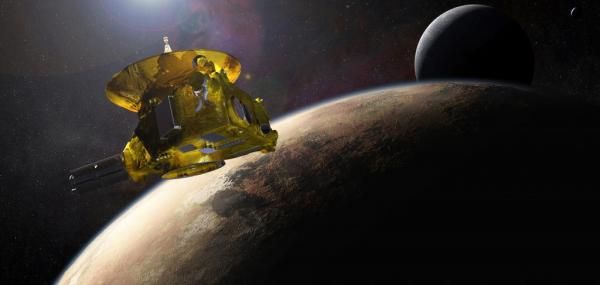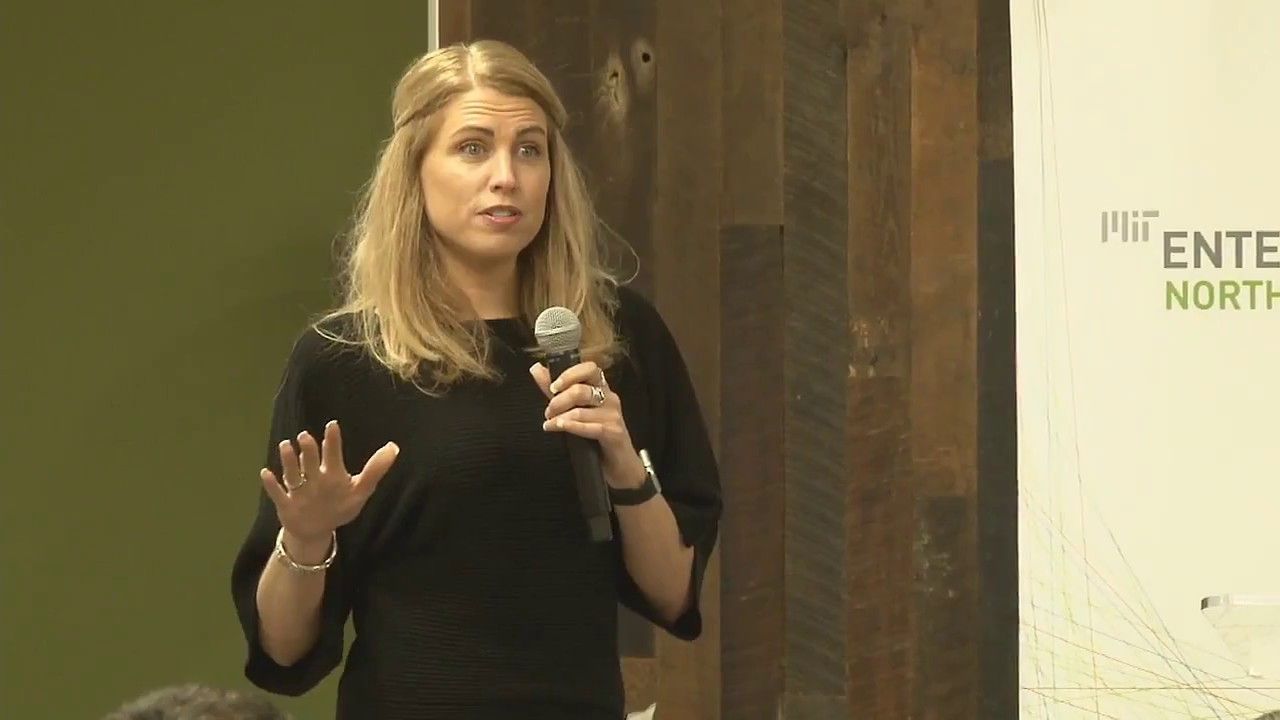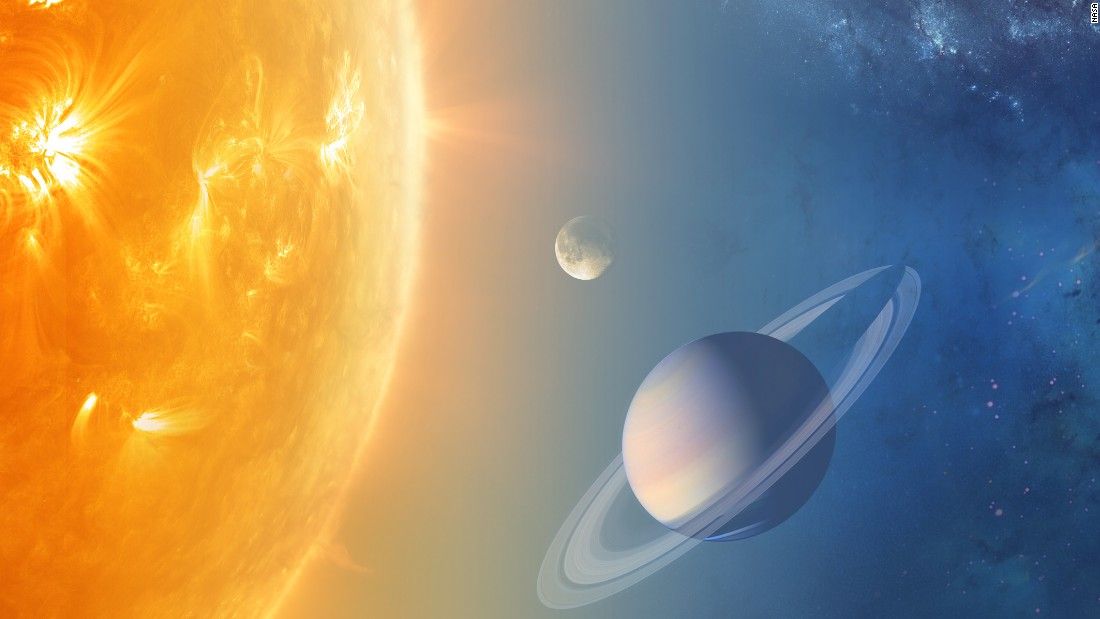Apr 12, 2017
‘Doomsday’ Library Joins Seed Vault in Arctic Norway
Posted by Brett Gallie II in category: existential risks
Major Ed Dames predicted that “a series of powerful, deadly solar flares” he termed “the killshot” would impact the Earth and wipe out civilization (preceding this event was an event in North Korea)
A second “doomsday” vault will join the seed vault on Svalbard, with the new one offering an offline archive for important literature, data and other cultural relics.


















